12 Ways to Reduce Waste and Keep More Cash in Your Pocket
Saving money often begins with reducing waste in everyday life. Unused items, extra energy, and unnecessary purchases can quietly drain your budget. By being mindful of what you throw away, you can keep more cash for the things that matter. Begin with simple changes at home that reduce waste and lower expenses. Paying attention to these details helps you make smarter choices. Start today and enjoy the benefits of cutting waste and protecting your finances.
This post may contain affiliate links, which helps keep this content free. Please read our disclosure for more info.
Plan Your Weekly Meals to Reduce Food Waste
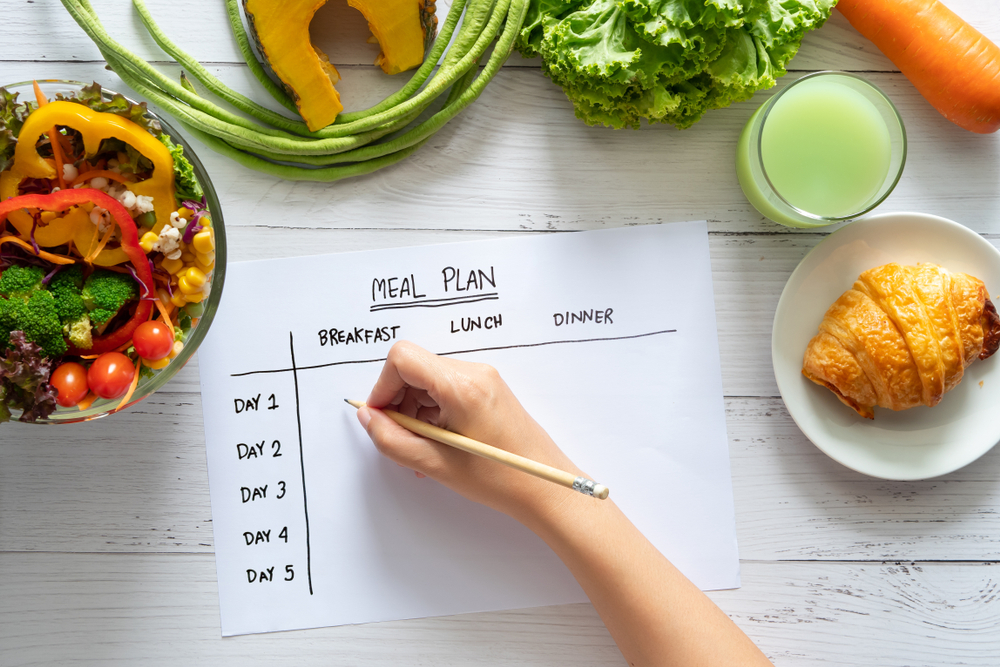
Planning your meals ahead helps you save money and minimize food waste. By writing a weekly menu, you can buy only the ingredients you need. This prevents impulse purchases and reduces the chance of food going bad. It also helps you balance your diet with healthy options. Planning meals saves both time and money each week.
Review your fridge and pantry before shopping to use items that are already available. Leftovers can be incorporated into the next day’s meals to avoid waste. Freezing extra portions keeps them safe to eat later. This approach ensures that food is used efficiently. Consistent meal planning supports a more organized kitchen and a smaller grocery bill.
Switch to Reusable Bags and Storage Containers
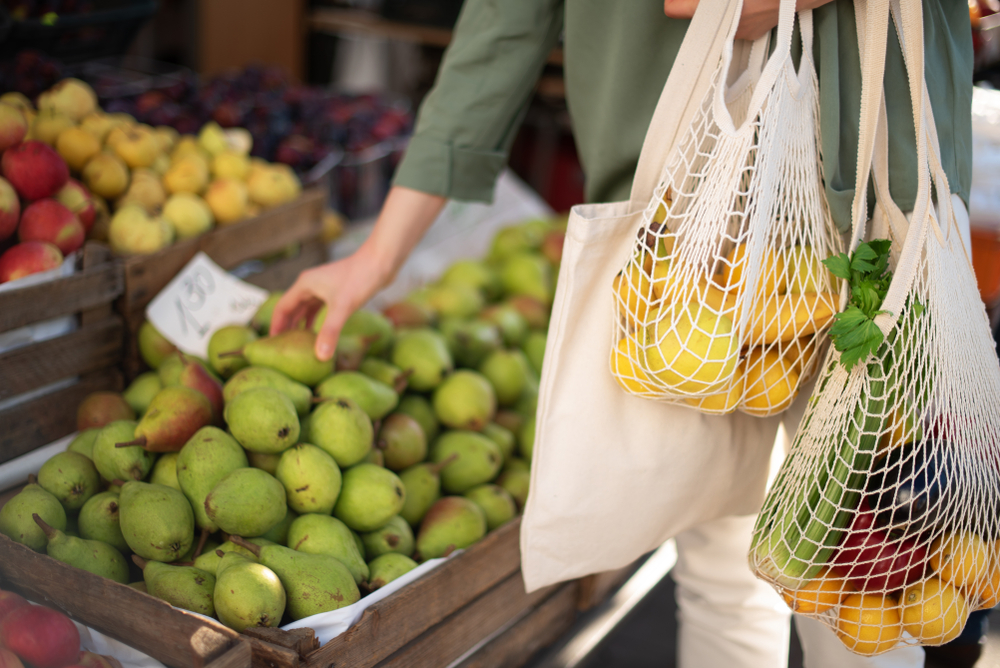
Using reusable bags and containers reduces waste and saves money over time. Single-use plastics and disposable storage add up in cost. Reusable options can store food, carry groceries, and organize household items. They are sturdy and last longer than disposable alternatives. Switching to reusable items is simple and effective.
Keep a few reusable bags in your car or by the door for convenience. Containers can be labeled to track leftovers and avoid spoilage. Washing bags and containers regularly keeps them clean and safe to use. Reusable items reduce clutter and waste in your home. This small change provides both financial and environmental benefits.
Turn Food Scraps into Compost for Your Garden

Composting food scraps turns organic waste into valuable soil for plants. Leftover vegetables, fruit peels, and coffee grounds can be composted safely. This reduces the amount of waste sent to landfills. Compost provides nutrients for your garden or potted plants. Creating a compost bin is inexpensive and easy to maintain.
Keep a small container in your kitchen to collect scraps before transferring them to a compost pile or bin. Avoid adding meat or dairy to reduce odors and pests. Mixing in leaves or yard waste balances the compost. Over time, compost improves soil health and reduces the need to buy fertilizers. This practice combines environmental care with practical savings.
Repair Household Items Instead of Replacing Them

Repairing broken items saves money and prevents unnecessary waste. Many household items such as furniture, clothing, and appliances can be repaired. Small fixes like tightening screws or sewing torn fabric extend the life of items. Repairing is often faster and cheaper than buying replacements. This approach keeps functional items out of landfills.
Learn simple repair skills to handle common household problems. Replacement parts can be purchased for electronics or furniture at low cost. Fixing items encourages careful use and appreciation of possessions. It also reduces clutter caused by unnecessary replacements. Repairing instead of replacing supports both savings and sustainability.
Save Money by Buying in Bulk When Possible
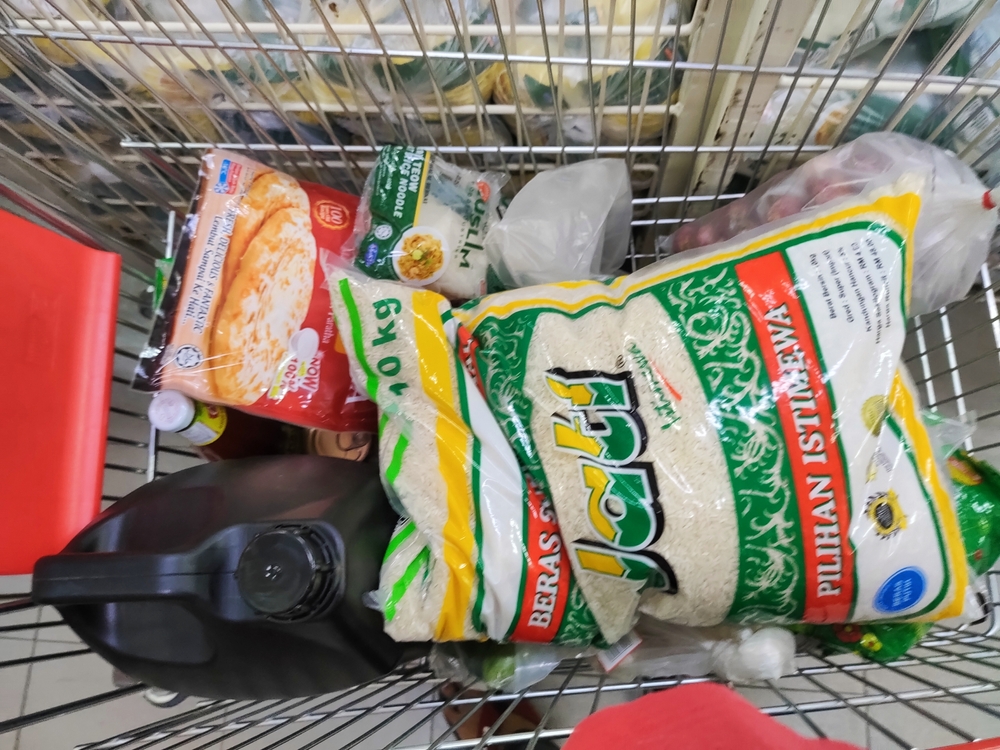
Buying in bulk reduces packaging waste and can lower costs over time. Items like rice, pasta, beans, and cleaning products are often cheaper when purchased in larger quantities. Proper storage ensures that bulk items remain fresh. This strategy is especially useful for items you use regularly. Bulk buying saves money and reduces trips to the store.
Check unit prices to confirm that bulk items are a good value. Share bulk items with friends or family if you cannot use everything yourself. Use airtight containers to maintain freshness and prevent spoilage. Avoid perishable items in bulk unless they can be frozen or preserved. Buying in bulk is a practical way to save money and reduce waste.
Shop Smart by Buying Only What You Need

Buying only what you need prevents unnecessary spending and reduces waste. Impulse purchases often end up unused and discarded. Make a shopping list and stick to it when you go to the store. This method helps control your budget and prevents overstocking. Smart shopping supports both your finances and household organization.
Compare prices and check portion sizes to ensure you are getting a good value. Avoid bulk purchases unless you are certain the items will be used. Planning purchases around your meals reduces spoilage. By being mindful of your shopping habits, you can stretch your money further. This simple practice protects both your wallet and the environment.
Create New Meals from Leftovers to Cut Waste

Using leftovers to create new meals prevents food from being thrown away. Vegetables, meats, and grains can be combined into soups, stir-fries, or casseroles. This practice stretches your grocery budget further. Leftovers also save cooking time on busy days. Creative meal use helps reduce both food waste and household expenses.
Label and date leftovers to track freshness and avoid spoilage. Freeze portions that will not be eaten within a few days. Leftovers can be repurposed for lunches or snacks. This approach ensures that food is used efficiently. Turning leftovers into meals is a simple way to save money and reduce waste.
Lower Household Bills by Reducing Energy Use
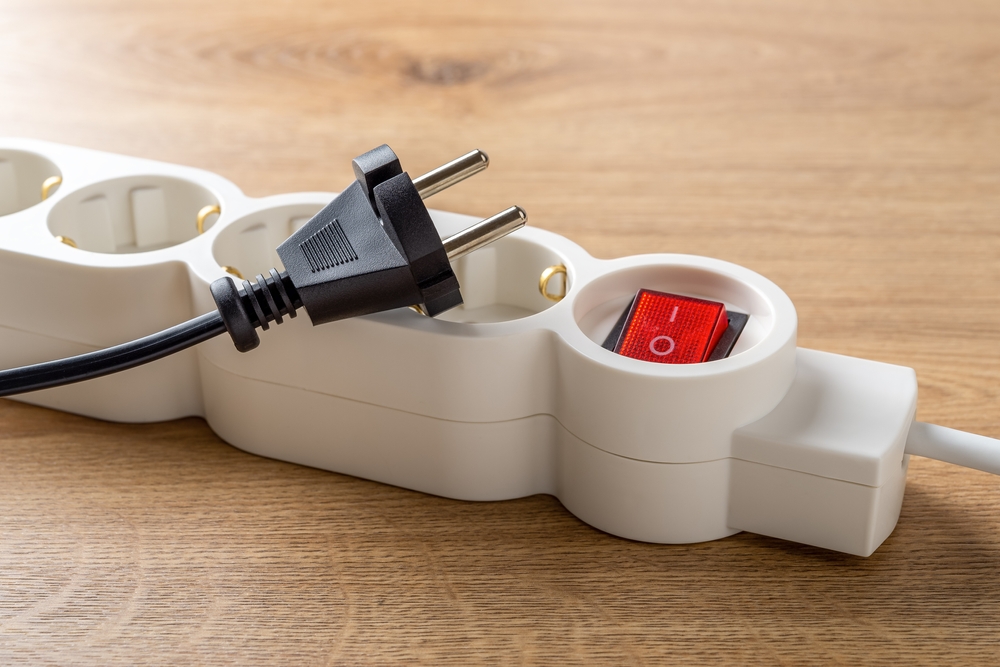
Reducing energy consumption saves money on bills and protects resources. Turn off lights and unplug devices when they are not in use. Run washing machines and dishwashers with full loads to save electricity and water. Use energy-efficient bulbs and thermostats to control costs. Simple energy-saving habits can have a noticeable effect on your budget.
Check faucets and pipes for leaks to prevent wasted water. Shorten shower times and reuse water for gardening when possible. Maintaining appliances properly helps them operate efficiently. These small changes reduce household expenses over time. Paying attention to energy use is a practical way to save money consistently.
Repurpose Old Items for Practical Uses at Home
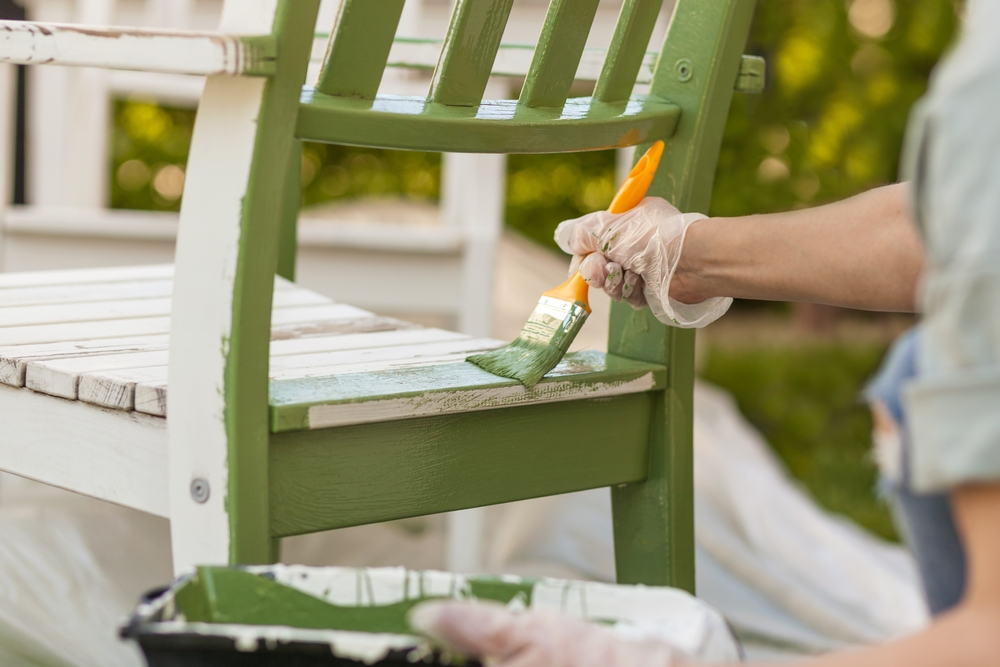
Repurposing old items gives them a second life and reduces waste. Glass jars can be used as storage containers, and old clothing can become cleaning rags. Furniture can be painted or repaired for a fresh look. Repurposing saves money by reducing the need to buy new products. This approach encourages resourcefulness and creativity at home.
For example, jars can organize kitchen or office supplies efficiently. Clothing can be altered or cut into reusable pieces. Wooden furniture can be restored with minimal cost. Repurposing items reduces landfill contributions and provides practical household solutions. Small adjustments in reuse can add value to old items.
Choose Reusable Products Over Single-Use Items

Opting for reusable items reduces both waste and expenses. Items such as water bottles, coffee cups, and shopping bags can be used repeatedly. Single-use products create more trash and cost more over time. Reusable alternatives are durable and easy to maintain. This simple change protects your budget and the environment simultaneously.
Wash reusable items regularly to keep them clean and hygienic. Replace disposable plates and utensils with washable options. Buy products with minimal packaging whenever possible. These habits prevent waste and reduce household costs. Choosing reusable products is a simple step with long-term benefits.
Find Quality Secondhand Items for Less
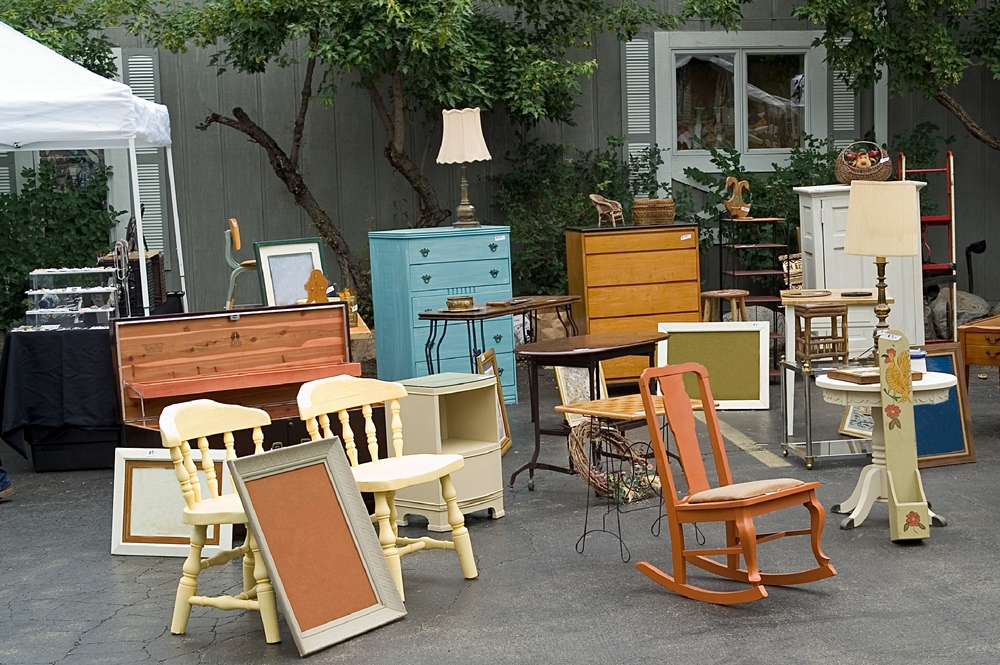
Buying secondhand items is budget-friendly and reduces waste. Many products including furniture, clothes, and electronics are in good condition and cost less than new items. Secondhand shopping keeps usable items out of landfills. It is a practical way to save money while still getting what you need. Secondhand stores offer unique and affordable options.
Inspect items carefully before purchase to ensure they are in good condition. Clean and maintain secondhand products to extend their lifespan. Check return policies when buying online to protect your purchase. Shopping secondhand supports sustainable consumption and reduces unnecessary spending. This method makes practical shopping both affordable and eco-friendly.
Track Expiration Dates to Avoid Wasting Food

Monitoring expiration dates prevents food from spoiling before use. Check labels when shopping and arrange items at home based on their freshness. Proper storage extends the shelf life of perishable goods. Being aware of dates ensures you use products fully. This habit saves money and reduces waste in the kitchen.
Organize your pantry or fridge so that older items are visible and used first. Plan meals around items that are close to expiring. Freeze perishable products to preserve them longer when needed. Staying mindful of expiration dates protects both your budget and household resources. This approach makes meal planning and storage more effective.
This article originally appeared on Avocadu.
